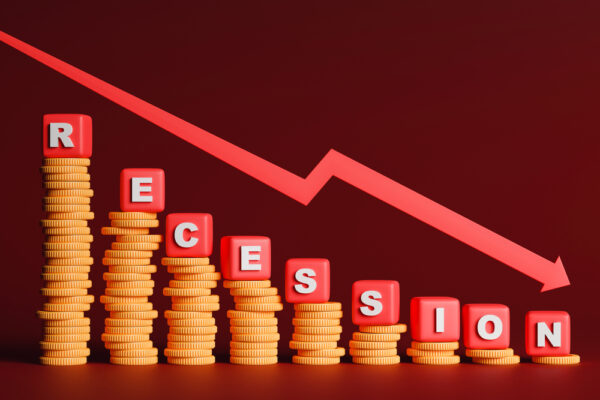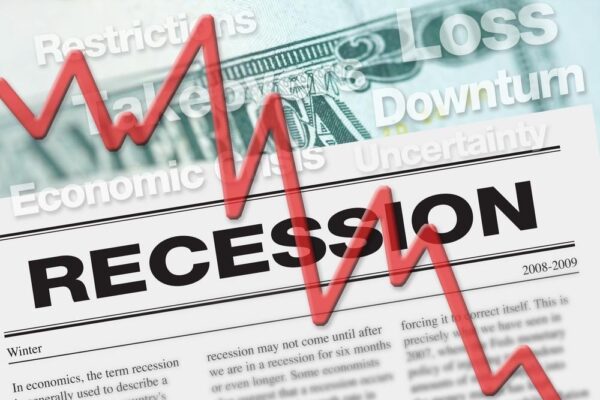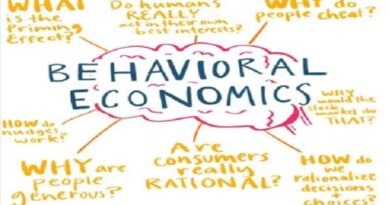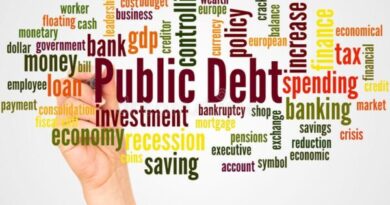Understanding the Economic Recession and Navigating Its Impact
The term economic recession is often surrounded by uncertainty and concern. But what does it actually mean, and how can individuals and businesses adapt to the challenges it brings? This guide delves into the nuances of recessions, their historical context, and strategies for thriving during these turbulent times.
What is an Economic Recession?
An economic recession is characterized by a substantial downturn in economic activity that persists for an extended period, typically lasting several months or more. Common indicators include a drop in GDP, rising unemployment rates, and reduced consumer spending. According to experts, recessions are part of the natural economic cycle but can have widespread implications for individuals and industries.
Recession: Definitions and Examples
The term recession refers to a significant period of economic decline. Economists generally define a recession as two consecutive quarters of negative GDP growth. For example, the recession of 2022 disrupted industries globally, leading to layoffs, inflation spikes, and financial uncertainty.
Recession 2023: A Global Perspective
The global recession 2023 continues to unfold, with several economies struggling to regain stability post-pandemic. As global markets fluctuate, businesses and individuals are reassessing their strategies to withstand ongoing challenges.
Learning from the Recession 2022:
The recession 2022 taught vital lessons about resilience. Many companies had to pivot, adopt new technologies, or find innovative ways to meet changing consumer demands. Similarly, individuals sought ways to manage their finances amidst rising inflation and economic instability.

Thriving in a Challenging Economy: Recession-Proof Businesses
While many industries suffer during a recession, some are notably resilient. Recession-proof businesses include essential services like healthcare, utilities, and grocery stores. Additionally, companies offering affordable alternatives or digital solutions often see steady growth, even in challenging times.
How Does a Global Recession Impact You?
A global recession affects everyone, from multinational corporations to small businesses and individual consumers. During a downturn, it’s essential to understand how these economic changes can influence your job stability, purchasing power, and long-term financial goals.
Tips to Navigate an Economic Recession:
- Diversify Income Sources: Consider freelancing, part-time work, or starting a side hustle to supplement your primary income.
- Build an Emergency Fund: Save three to six months’ worth of living expenses to safeguard against job loss or unexpected expenses.
- Invest Wisely: Focus on assets that traditionally perform well during recessions, such as gold or government bonds.
- Cut Non-Essential Expenses: Evaluate your budget and reduce discretionary spending.
- Upskill Yourself: Enhance your professional skills to improve job security and marketability.
FAQs About Economic Recessions:
Q1: What causes an economic recession?
A1: Economic recessions can result from various factors, including high inflation, excessive debt, declining consumer confidence, or global events like pandemics or wars.
Q2: How long do recessions typically last?
A2: The duration varies, but most recessions last between 6 to 18 months.
Q3: Can individuals predict a recession?
A3: While economists use indicators like GDP, unemployment rates, and market trends, predicting the exact timing and impact of a recession is challenging.
Q4: What industries are considered recession-proof?
A4: Healthcare, education, essential retail (e.g., groceries), and utilities are often considered recession-proof industries.
Q5: Is the 2023 recession worse than the one in 2022?
A5: The severity of a recession depends on regional and global factors. While both 2022 and 2023 presented challenges, the global economic environment continues to evolve.
Conclusion:
An economic recession is a challenging but manageable phase in the economic cycle. By staying informed, adopting resilient strategies, and focusing on long-term goals, individuals and businesses can weather the storm and even uncover new opportunities during downturns. Remember, preparation and adaptability are key to navigating any economic landscape.




